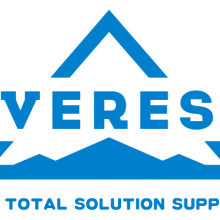Electroless Nickel/Immersion Gold, abbreviated as ENIG, also known as nickel gold, immersion nickel gold or electroless nickel gold, is a chemical reaction that replaces palladium on the surface of copper and then electroless plating on the basis of palladium core. A layer of nickel-phosphorus alloy, and then a layer of gold is plated on the surface of the nickel through a displacement reaction. There are two processes for immersion gold of nickel-free gold: replacement and half-replacement and half-reduction mixed bath. Electroless nickel immersion gold is mainly used for surface treatment of circuit boards. It is used to prevent the copper on the surface of the circuit board from being oxidized or corroded. It is also used for soldering and contact applications (such as buttons, gold fingers on memory sticks, etc.) . Main process 1.Pre treatment of ENIG
The equipment used is mainly a grinding machine or a sandblasting machine or a shared model. (There are many models used) The main functions are: Removes oxides from copper surfaces and roughens copper surfaces to increase nickel and gold adhesion.
2. Electroless nickel/Immersion gold production line
Using a vertical production line, the main processes are as follows:
Board loading→ degrease→ 3 cascade rinse → pickling →2 cascade rinse → micro-etching → 2 cascade rinse → pre dip → activation → 2 cascade rinse → electroless nickel → 2 cascade rinse → immersion gold → gold recovery → 2 cascade rinse → unloading
3.Post treatment of ENIG The equipment used is mainly a horizontal cleaning machine.

